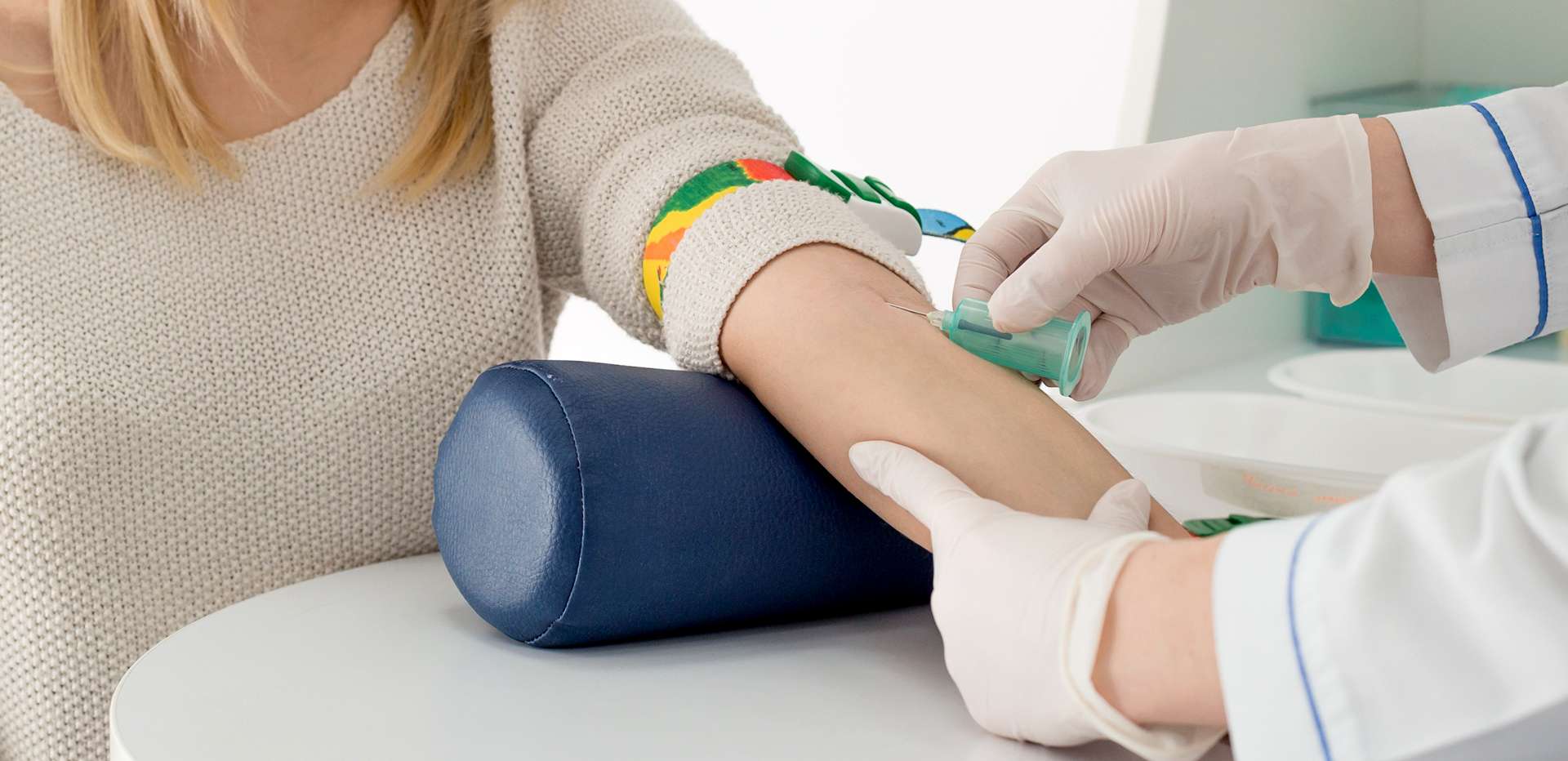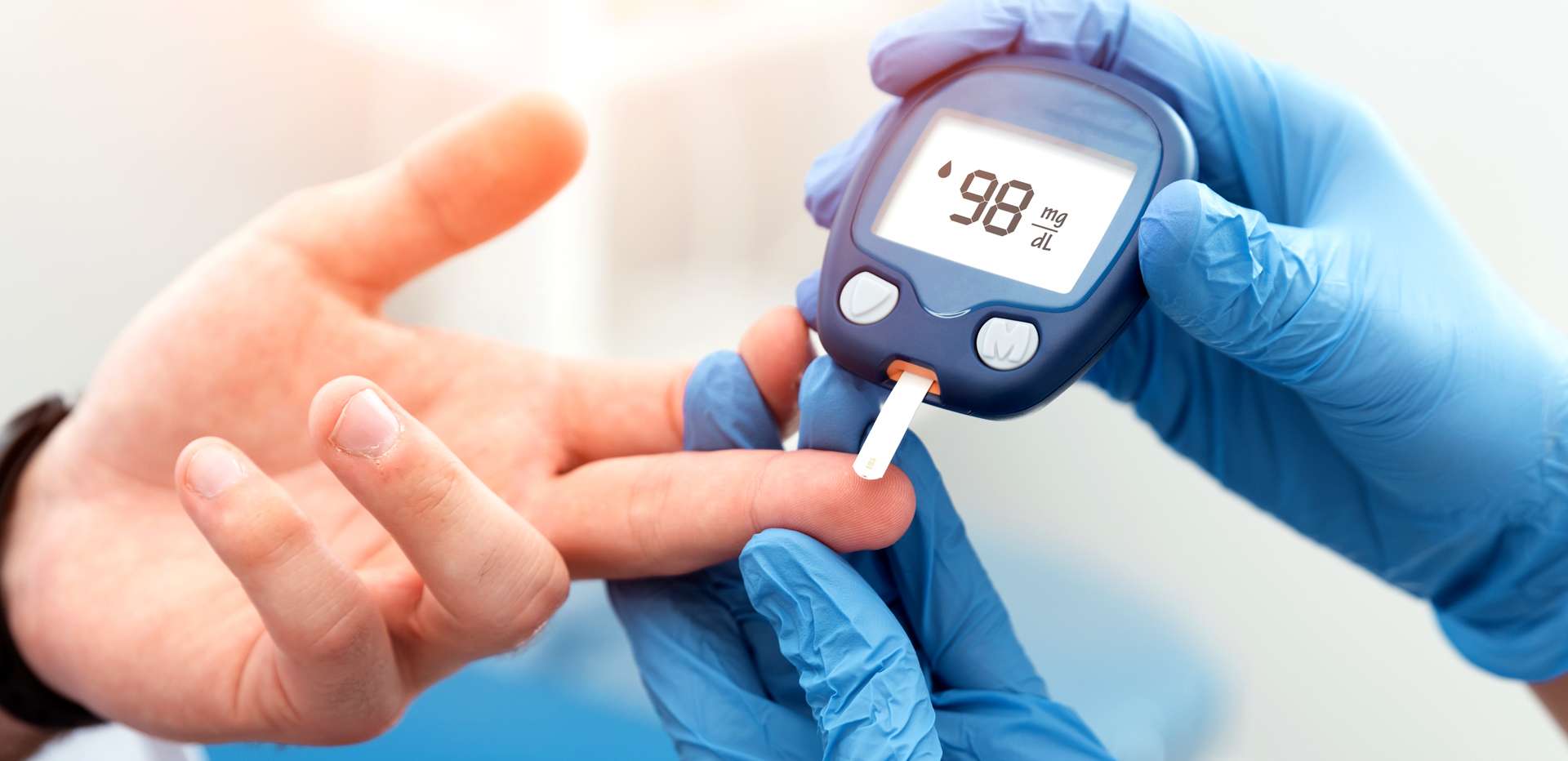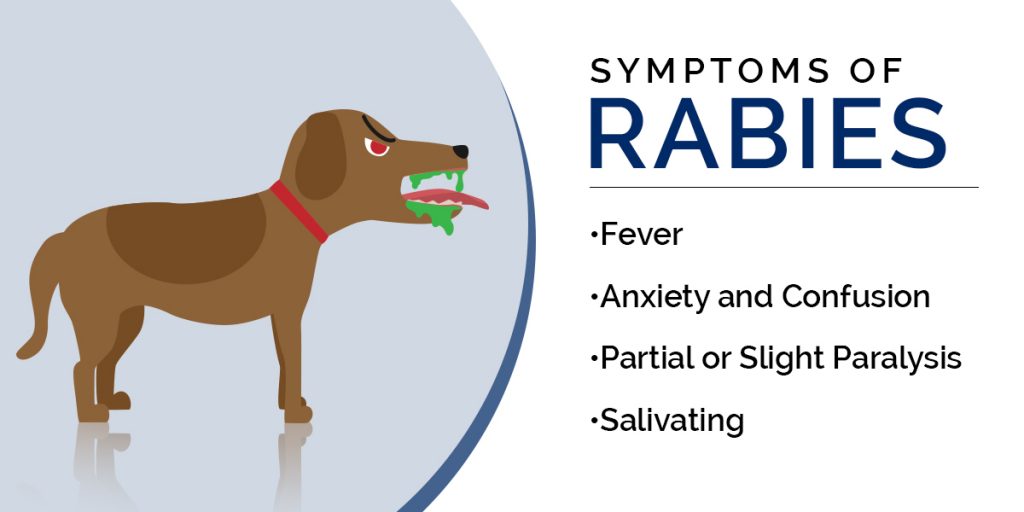Rabies is a rare but deadly viral disease that affects mammals. The virus affects the central nervous system and is mainly spread through a bite from a rabid animal. Some of the symptoms of rabies can be noticed shortly after the bite, while some may take time to manifest. Cleaning the wound and visiting a doctor for a rabies injection is recommended to stop the effects of the virus.
Though treatment plans for rabies exist, doctors recommend that pets be vaccinated against rabies. As such, administer a rabies vaccine to pets to keep them rabies-free and therefore prevent infections.
Here are some of the early symptoms of rabies to look out for in case a dog bites you:
Fever
This is the first sign that may signal rabies in an individual who’s been bitten. Temperatures, therefore, rise above the normal 36-37 range. In the case that fever manifests after a dog bite, it is important to visit your GP for an anti-rabies vaccine.
Anxiety and Confusion
Rabies is also associated with confusion, especially when it is spreading. Though this may not be a strong indicator, it is important to take action. Such confusion and anxiety may be associated with the effect that the virus has on the central nervous system. Strange thoughts and hallucinations may also be early signs of rabies.
Partial or Slight Paralysis
The rabies virus also affects the part of the brain that coordinates movement. Visiting your doctor and getting the rabies vaccine for humans soon after a dog bite helps prevent severe paralysis. Such paralysis may manifest as general body weakness and difficulty in moving a body part.
Salivating
Bites from rabid dogs may also induce the production of excess saliva. Foaming at the mouth may also indicate the severity of the virus and may also be accompanied by seizures. The rabies vaccine boots pharmacy administers, therefore, helps inhibit the progression of this condition.


























